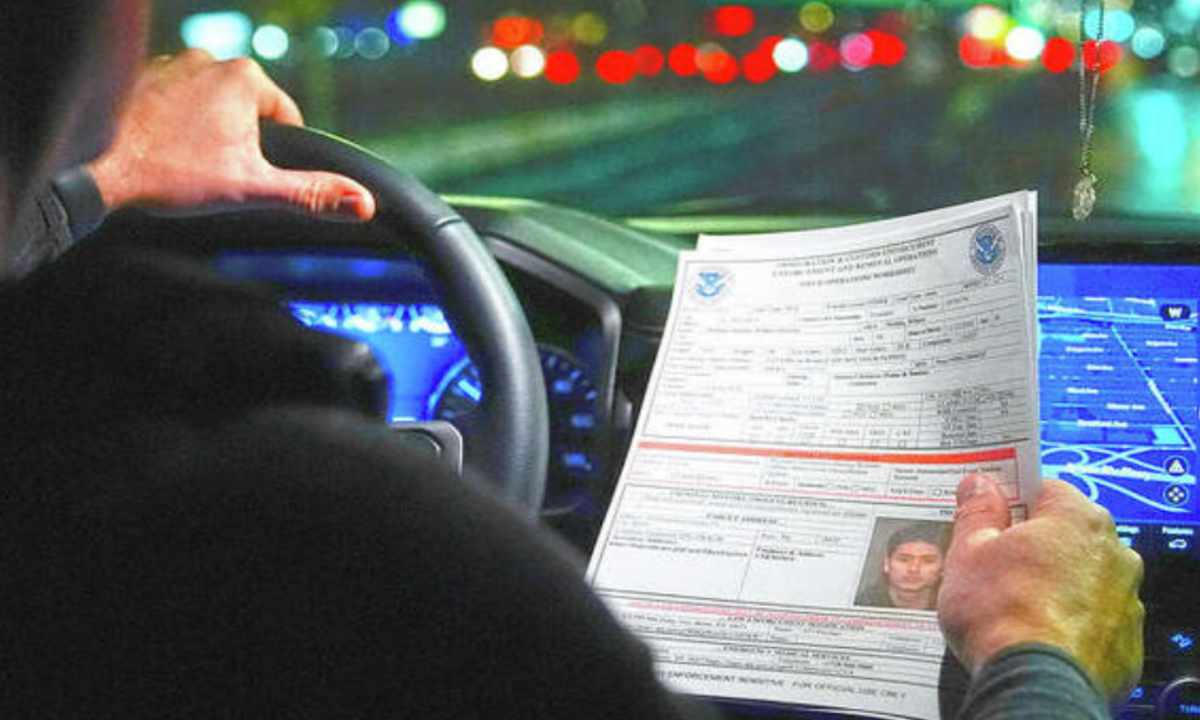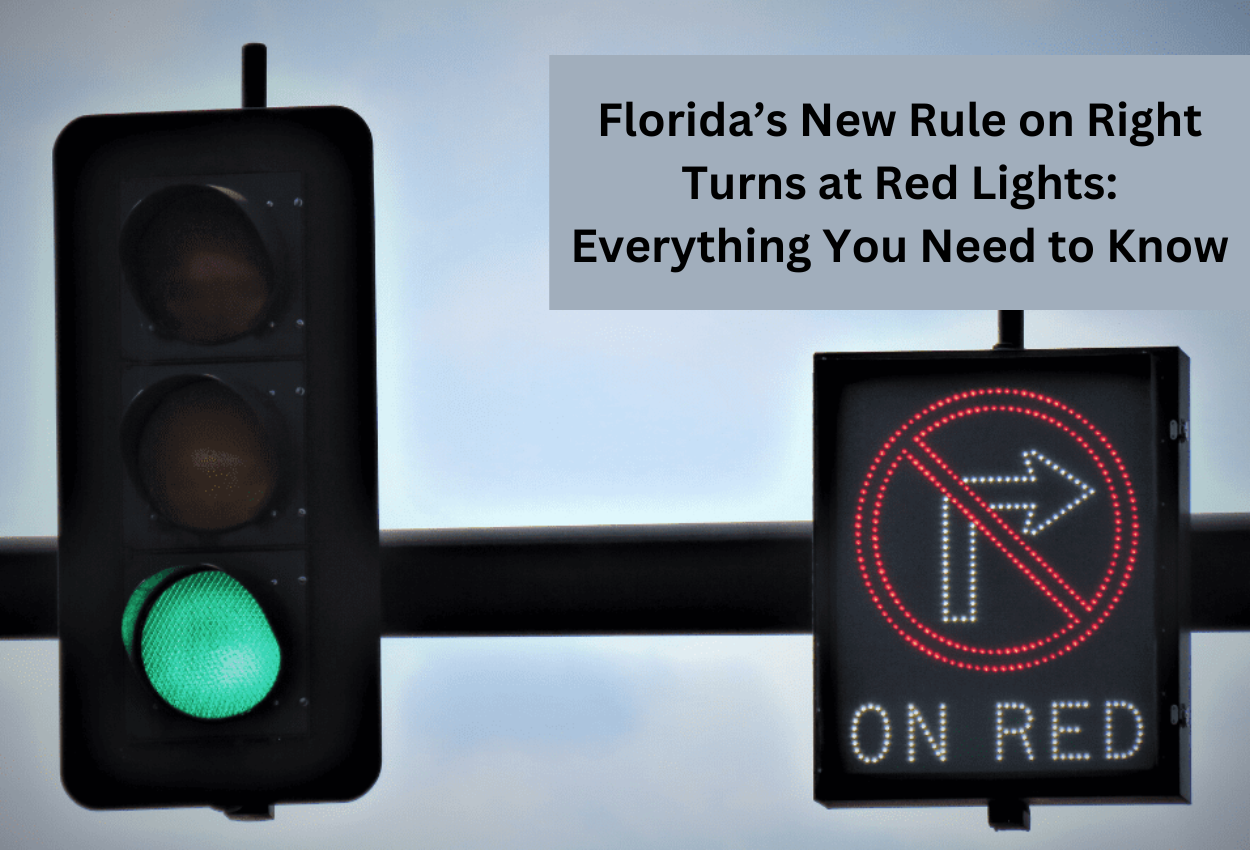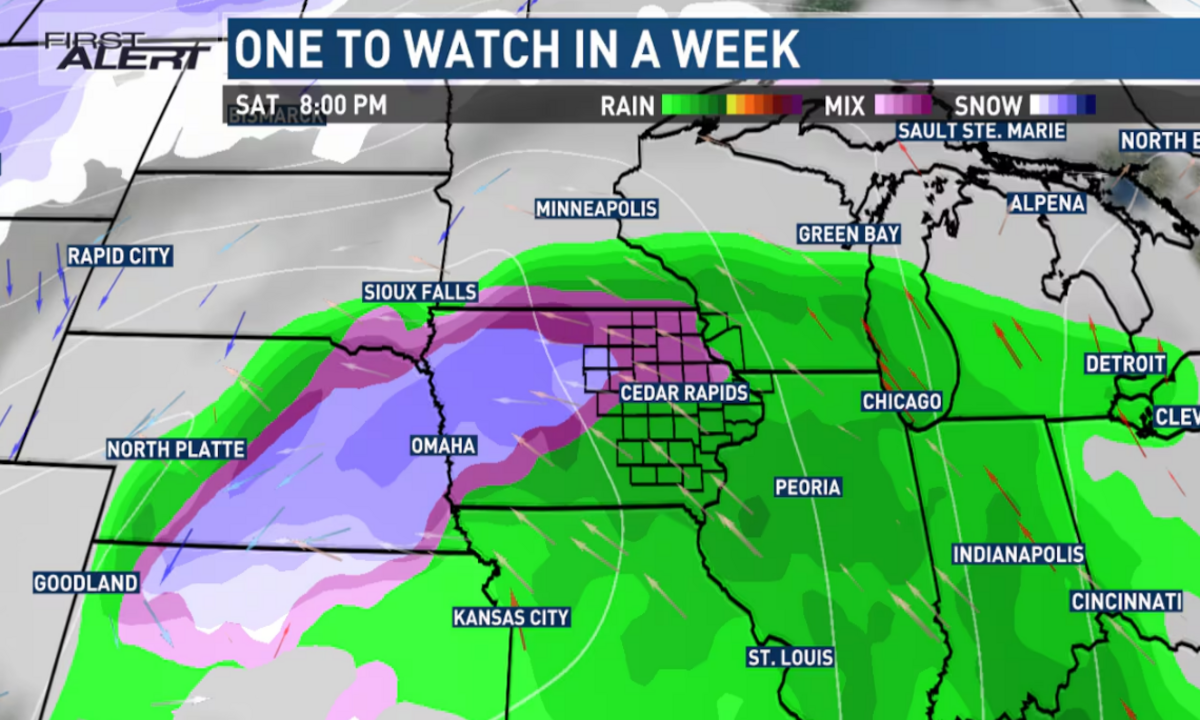Illinois law enforcement officials are facing challenges in their ability to cooperate with federal immigration authorities due to state laws that restrict their actions. These laws, like the Illinois Trust Act, are sparking debates as federal immigration agencies increase efforts to detain undocumented immigrants, including those with violent crime histories.
This issue is part of a larger conversation about balancing immigration policies, public safety, and constitutional rights in the state of Illinois, home to a significant immigrant population.

Background on Immigration Raids
Federal immigration authorities, led by U.S. Immigration and Customs Enforcement (ICE), have ramped up efforts to detain undocumented immigrants with criminal histories. According to the Associated Press, over 300 arrests were expected to occur, mainly in the Chicago area.
The operation aligns with federal initiatives to enforce stricter immigration laws, but it has been met with resistance from advocacy groups and local communities. Organizations like the Council of Islamic Organizations of Greater Chicago have called these actions “inhumane and immoral,” emphasizing compassion for immigrants who have built peaceful lives in the U.S.
Illinois’ Trust Act and Law Enforcement Challenges
Illinois has been a leader in protecting immigrant rights through laws like the Illinois Trust Act. Signed in 2017 and updated in 2021, the law prevents local law enforcement from detaining individuals solely based on their immigration status without a judge’s warrant.
However, many local law enforcement agencies argue that this law hinders their ability to collaborate with federal authorities. For example, the McHenry County Sheriff’s Department expressed frustration, saying the act imposes “undue limitations” on their efforts to protect communities.
Cass County Sheriff Devron Ohrn echoed similar concerns. He explained that without a warrant, local departments cannot cooperate with ICE detainers or transfer individuals from jail to federal custody. “Any time we’re prevented from sharing information with another law enforcement agency, it obviously makes it way tougher,” Ohrn said.
Ohrn also noted uncertainty about whether immigration raids would take place in his area, highlighting a lack of communication between federal and local agencies.
Immigrant Population in Illinois
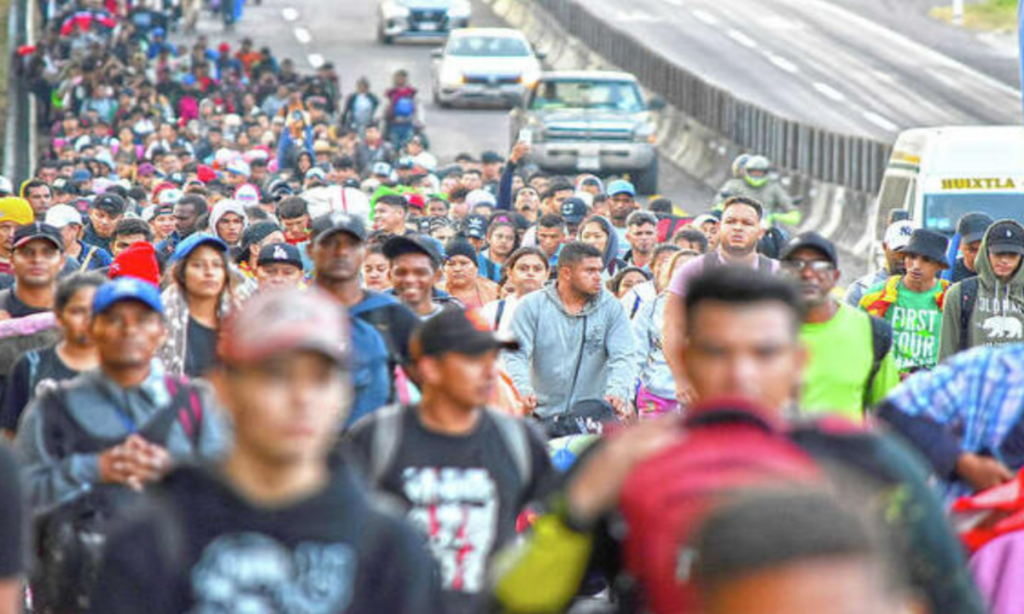
Illinois is home to around 1.88 million immigrants, accounting for approximately 15% of the state’s population. Among these, over 530,000 are undocumented immigrants, with many living in the Chicago suburbs.
Advocates for immigrant rights argue that such laws provide necessary protections for individuals who might otherwise be unfairly targeted. However, critics contend that these laws create loopholes that could allow dangerous individuals to evade deportation.
Executive Orders and Legal Battles
Immigration enforcement has become even more contentious due to executive orders signed by former President Donald Trump. On his first day in office, Trump ended birthright citizenship, which had previously granted citizenship to anyone born on U.S. soil, regardless of their parents’ immigration status.
This decision triggered multiple lawsuits, including one led by Illinois Attorney General Kwame Raoul and several other Democrat-led states. Raoul described the executive order as a “flagrant violation” of the U.S. Constitution.
“The children born in the U.S. to immigrants are entitled to the rights and privileges that go along with U.S. citizenship,” Raoul stated. He called for bipartisan immigration reform, emphasizing that ending birthright citizenship is not the solution.
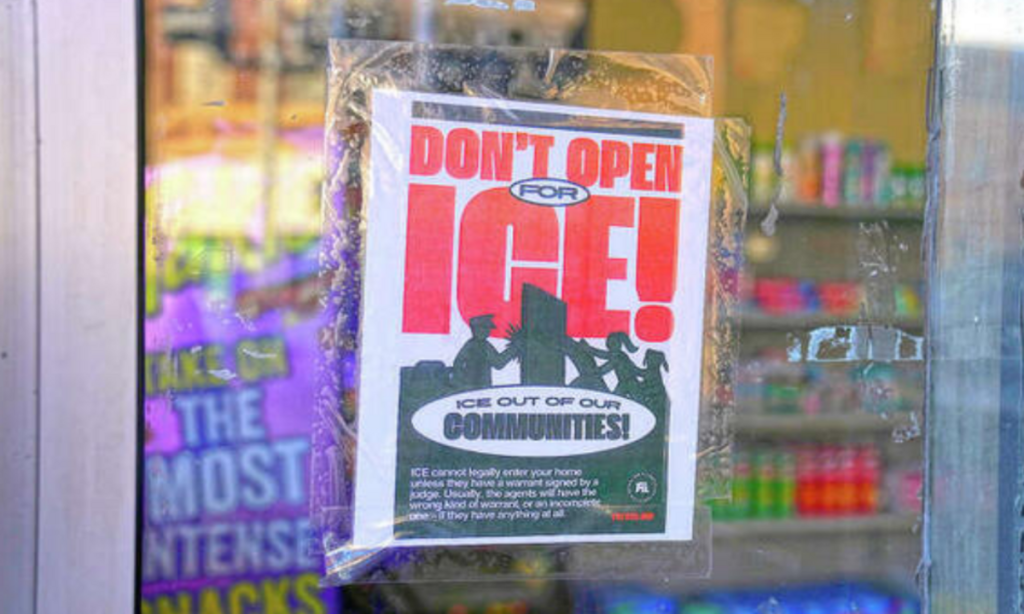
Community Response and Moving Forward
The clash between federal immigration efforts and Illinois’ protective policies highlights the ongoing tension over immigration in the U.S. While federal agencies push for stricter enforcement, local authorities are constrained by state laws that prioritize immigrant rights.
Advocacy groups, law enforcement, and policymakers continue to debate how to balance public safety with compassion and fairness. As Illinois navigates these challenges, it remains a focal point in the national conversation on immigration reform.
Disclaimer—Our team has checked this article to ensure its accuracy and eliminate any misinformation. We are committed to providing clear and reliable information for our readers.

